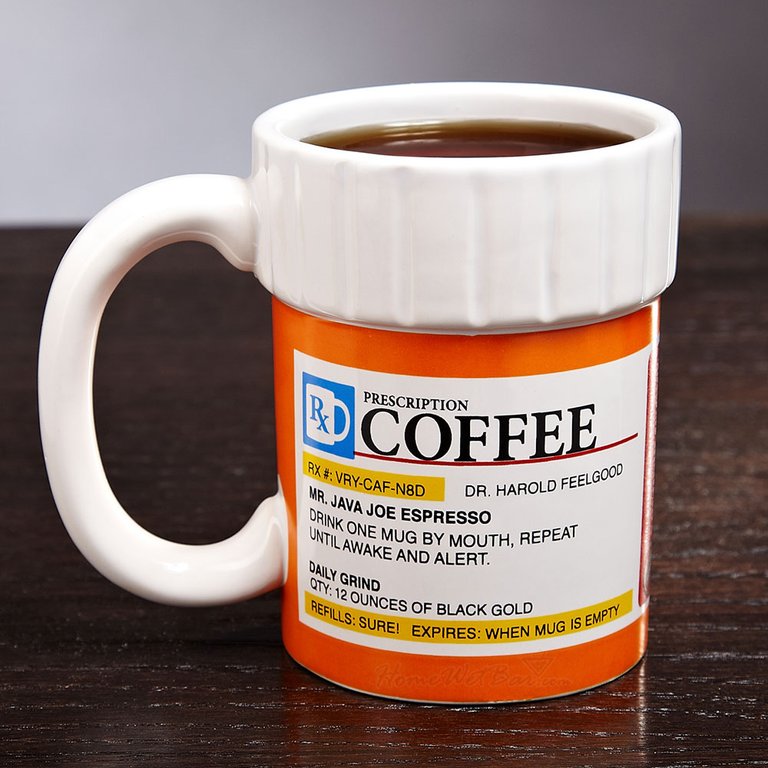The human race has been using the medicinal properties of coffee since its discovery in the 11th Century in Ethiopia. It did not take long for this bean infusion to take the world by storm. Now, coffee is listed as the second most traded commodity in the world. Also known for its aroma, taste, and keeping you awake.

Since 1500, coffee underwent great debate in the medical field due to the effects on stimulating the central nervous system, and "dehydrating" hyperactivity. However, research advances in pharmacology have lead to the discovery of many contributing health benefits from drinking a 1-2 cups of coffee per day, representing the standardized moderate consumption. In addition, it has also been found that coffee provides a net hydrating effect when consumed in moderate amount. In the last two decades, clinicians and researchers have conducted thousands of human clinical trials from a wide diversity of coffee drinkers across the world. Reported by these studies, coffee decreases the risk of these major, chronic illnesses:
Liver Disease
Cardiovascular Disease
Irritable Bowel Syndrome, and other Gastrointestinal Diseases
Diabetes type 1 and 2
Neurodegenerative Diseases
What is in Coffee?
Coffee is a mixture of over 800 different compounds. Caffeine is the most studied molecule, and is responsible for central nervous system stimulation. Moreover, a range of other beneficial compounds have been identified and taken into consideration to asses coffee's impact on human health. Coffee contains a concentrated amount of polyphenols, which play an important role in degenerative diseases and act as potent antioxidant compounds. Potassium, magnesium, and vitamin B3 are some of the essential nutrients in coffee.
Now, Scientists have been able to attribute and identify the functions of many more compounds and their health effects through the incorporation of caffeine-free coffee into a subgroup for clinical trials. They are studying chronic illness risks resulting in similar outcomes with the caffeinated group of participants.

Coffee is not good for everybody, because our genetic makeups are slightly different. Some fluctuating results in clinical trials have lead to the hindrance of recommending coffee as a beneficial beverage for overall preventive health. Further research will focus on understanding the differences in sensibility and other interfering factors with coffee drinkers. Further research through clinical and epidemiological studies must be performed in order to confirm the associated benefits of many compounds in coffee fighting degenerative and major chronic diseases.
Journal Source : Planta Medica, The Impact of Coffee on Health
Thank you for reading!
I can't seem to live without coffee. Interesting stuff, thank you for this!
An image from your post may be featured.
Please reply to this comment if you accept or decline.This post has caught the eye of @MuxxyBot and has been nominated by the curation team. If chosen it will feature in a curation post by @MuxxyBot.
Congratulations @jorgecan95k! You received a personal award!
Click here to view your Board
Do not miss the last post from @steemitboard:
Congratulations @jorgecan95k! You received a personal award!
You can view your badges on your Steem Board and compare to others on the Steem Ranking
Vote for @Steemitboard as a witness to get one more award and increased upvotes!